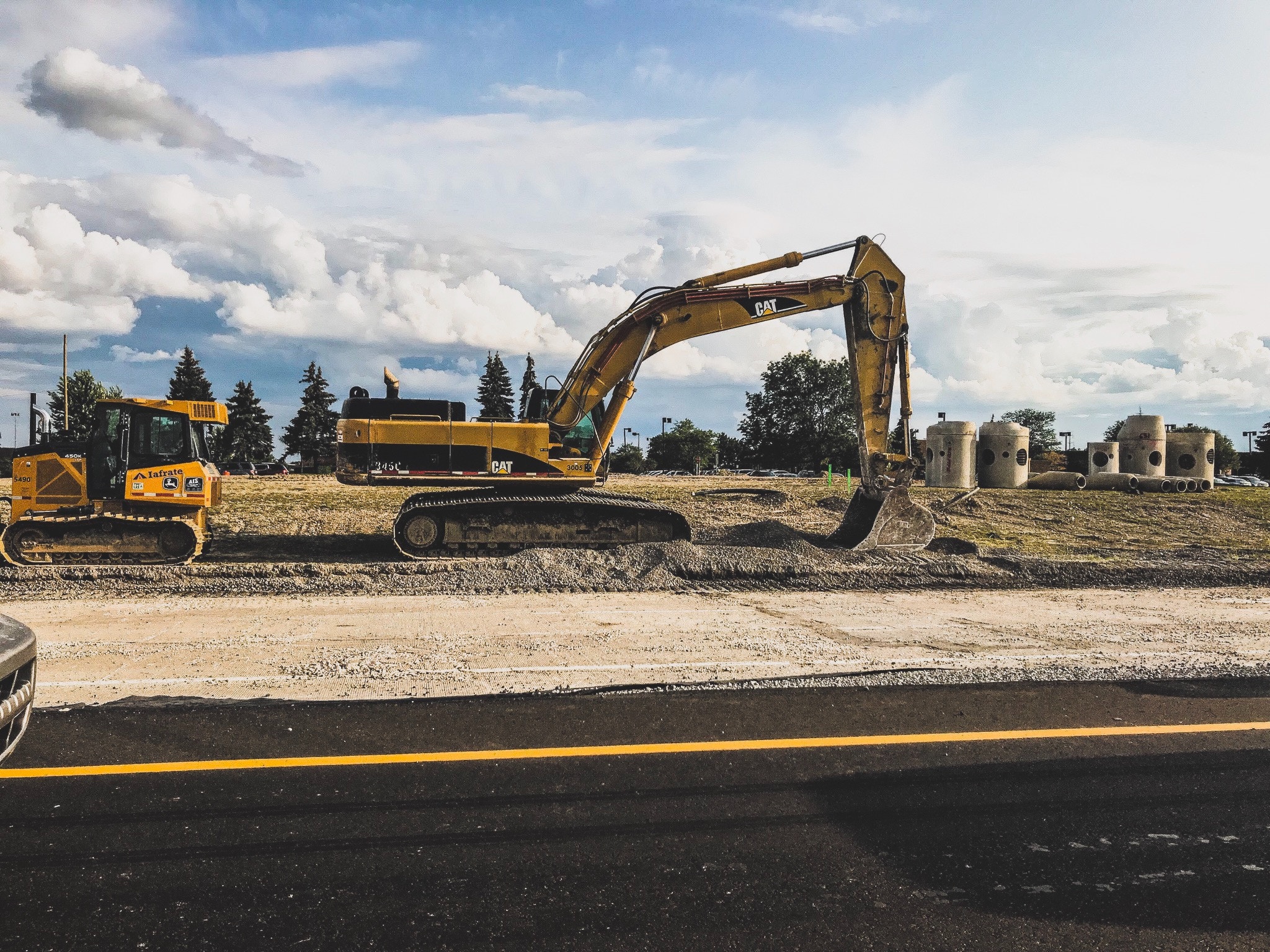
Are you a contractor, or a business that works with contractors? Then you’ve probably dealt with a certificate of insurance (COI). As a contractor, you’ve likely been asked to provide one to someone for whom you have worked. This is proof that you have proper insurance for the work you’re being hired to do. In fact, it can be an added benefit when you’re bidding for work.
What is a Certificate of Insurance?
Before we get into anything else, we have to clarify one very important thing. A certificate of insurance is not an actual insurance policy, and it’s not something you pay for. A COI is merely a document proving that you have insurance. It will typically show the types of coverage you carry, and what your liability limits are.
Why is a Certificate of Insurance Important?
For someone regularly hiring contractors, a COI can make a big difference in whether or not they choose you over someone else. If they hire a contractor without proper insurance, which can be proven with a COI, the company hiring the contractor could be held liable in the event that something goes wrong. Sometimes accidents happen and damage is done, but with a COI, you can prove that if something does occur, you’ll be able to cover the damage costs. The same thing applies if one of your workers gets injured on the job. With workers compensation insurance and the COI, you’ll be able to prove that you can take care of the costs and liability associated with any of these unfortunate circumstances.
Why Does Someone Want to See Your COI?
As a contractor, people for whom you work will always request a COI. They want to know and make sure that you have proper insurance coverage, so that they aren’t liable in the event of a claim. By having a COI, you are showing them a couple of things about your business if you have proper insurance coverage.
- Common business coverage includes general liability insurance, which covers you if damage is done to property or someone outside of your company is injured on the job. Showing proof of general liability on your COI gives peace of mind to the person hiring you because they know that you’ll be responsible if an accident occurs.
- Another type of insurance you should have (if you don’t already) is workers compensation. By proving that you have workers comp insurance, you can assure whoever’s hiring you that if one of your workers is injured, you’ll be able to cover their costs, and no one but you will be liable for their injury.

How is a Certificate of Insurance a Selling Point?
Unfortunately, some contractors will try to convince a business hiring them that they have proper insurance, when in fact they don’t. This is one of the reasons it’s so common for people to request your COI. Even with a COI, some contractors will use one that is expired or fake. With an accurate and current COI, you can assure the business hiring you that everything is covered and they won’t have anything to worry about. You can point out a couple of things to reassure someone that you’re reputable and your insurance is up to par.
- Show them what types of insurance you have and why each one applies to their particular job. Explain that workers compensation coverage will protect them in the event that one of your employees gets hurt on the job. Do the same with your general liability coverage. These explanations will help them understand who holds the risk and how that benefits them.
- You can also show them that the name on the COI is the same as your business, verifying that it is actually for your business and is valid.
- The same applies for the dates on the COI. Point out that your insurance is current and will last throughout the job duration. If your insurance is set to renew during the job, assure them that you will present a new COI when you renew it.
While these things might seem simple or pointless, it can show that you care about transparency, and want to make sure everything is taken care of when it comes to the job.
How Do I Get a Certificate of Insurance?
When someone requests your COI, just go to your insurance agency and request it from them. You can then send it to whomever needs it. If you don’t have insurance, then you’ll need to get insurance before you can request a COI. As mentioned above, not only is it important to have insurance for your business, but it can also be added value when bidding for work.
Contractor’s Insurance Agency Can Help
If you’re a contractor and need insurance, Contractor’s Insurance Agency can help. Our name might give it away, but we specialize in helping contractors with their insurance needs. If you have insurance already, but have questions about COIs, feel free to give us a call at (888) 266-5120 or drop by our office. We’d love to serve you!




